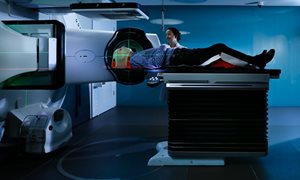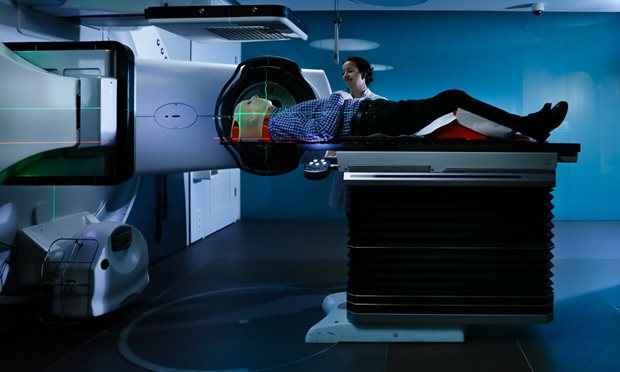

About us
Our experimental and clinical research program is aimed at:Molecular Immunology
Dendritic cells (DC) are the professional antigen presenting cells (APC) of our immune system. They are able to initiate immune responses against pathogens or tumors, but also have the capacity to prevent (auto)-immune responses harmful to the host. My research is centered around the molecular and functional analysis of DC in mouse and man. Applying different molecular approaches at the genomic and proteomic level a set of novel DC-antigens have been identified, including chemokines (DC-CK1, CXCL16), a novel multiple membrane spanning receptor (DC-STAMP), a transcription regulator (DC-SCRIPT). Knowledge regarding DC-immuno-biology is essential for the development and design of DC-based vaccines in mouse models as well as in clinical studies in cancer patients. More recently, regulatory T cells that are crucially involved in balancing the immune system are studied at the molecular and functional level as well as in immunotherapy of cancer.Vascular Architecture and Microenvironmental Parameters
An important objective is the development of predictive profiles based on Vascular Architecture and Microenvironmental Parameters (VAMP). The ultimate goal is to provide a mechanistic basis for the optimization of treatments that combine radiotherapy with novel biological modifiers and for the development of patient selection strategies.Current topics we focus on
- analyzing EGFR signaling related to radiation resistance (PI3-K/AKT pathway related to tumor vasculature)
- proliferation and hypoxia involvement
- non-invasive imaging of the tumor microenvironment (vasculature, hypoxia, proliferation and the EGFR)
- assessment of endogenous markers related to tumor cell metabolism (lactate, monocarboxylate transporters etc)
Techniques Radiotherapy & OncoImmunology Laboratory
The biology of tumors is studied at the macroscopic (PET) and microscopic (cell, subcellular) level. The aim is to compare different functional imaging modalities for the same tumor.
The focus is on:
- Quantitative immunohistochemistry
- Cell culture systems
- Molecular Immunology
Quantitative immunohistochemistry
The backbone of this system are:
- the vascular architecture (9F1 or CD31/24)
- tumor blood perfusion (Hoechst 33342)
- exogeneous markers/indicators of hypoxia (CA-IX, pimonidazole)
This system can be extended by:
- proliferation (BrdUrd, IdUrd, Ki67)
- growth factors ((p)EGFR, (p)AKT)
- DNA damage (gamma-H2AX, 53BP1)
At the microscopic level, the tumor biology is studied in a quantitative manner with preservation of the tissue architecture and spatial associations. Therefore, we have developed a system for co-registration and quantitative analysis of micro-environmental phenotypic tumor characteristics. The method is based on immunehistochemical detection of multiple fluorescent signals in complete tissue sections.
Quantification
Components of our digital imaging systems:
- multi-color fluorescence microscopy
- computer-controlled scanning and imaging system:
- CCD camera
- motorised scanning stage
- image acquisition and analysis software
Cell culture systems
Our laboratory has permission for genetically modified organisms ('ML-II').
The facilities are:
- Western Blotting
- Isolation of RNA and DNA
- Horizontal gel electrophoreses
- Incubations at 0.1-20% oxygen (Hypoxystation)
Molecular Immunology
Information will be given shortly.
Patient care
This department also offers patient care. read more (in Dutch)Getting there
Entrance: Radboudumc main entrance (hoofdingang)
Building: G
Floor: 0
Route: 874
Getting there
Visiting address
Radboudumc main entrance
Geert Grooteplein Zuid 10
6525 GA Nijmegen
Directions



